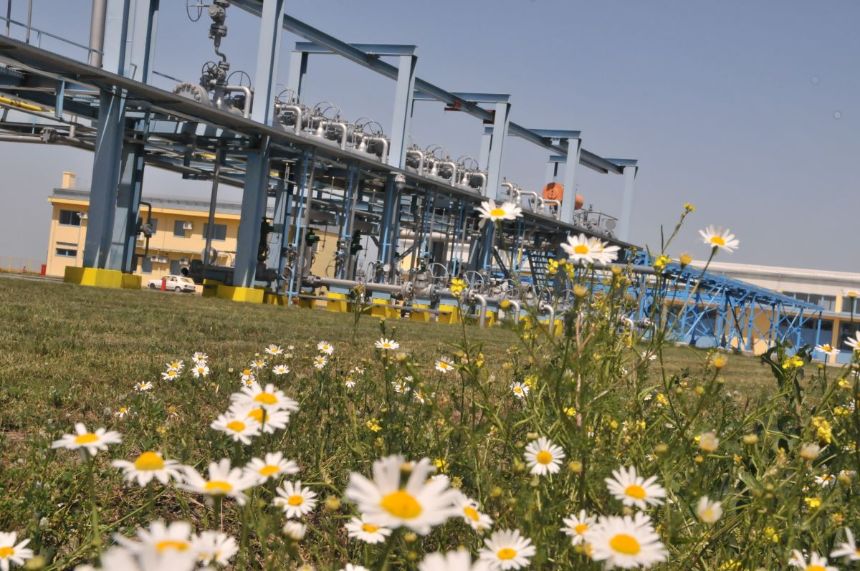ECRB report highlights smooth gas flow and effective capacity management in Energy Community
The latest report from the Energy Community Regulatory Board (ECRB) report published last week, finds no congestions in gas transmission networks in the Energy Community, focusing on capacity management in Ukraine, Moldova, and the Western Balkans.
Gas transportation between countries requires booking and payment at interconnection points (IPs). The transmission system operators in each country (TSOs) must maximize capacity to facilitate trade, but excessive demand may prevent efficient booking and trade flow.
The study covers interconnection points within operational gas markets of the Contracting Parties and with neighbouring EU Member States, though data on the latter pertains only to the Contracting Parties’ side.
Georgia’s IPs are excluded from the report due to the inapplicability of Capacity Allocation Network Code (CAM NC), which standardises capacity allocation across the EU.
The report outlines capacity demand in 2023 and compliance with EU guidelines on Congestion Management Procedures (CMP), crucial for managing and mitigating contractual congestions.
The ECRB is mandated to analyse capacity bookings annually and report on contractual congestions at IPs, triggering regulatory responses to release additional capacity if congestion risks arise.
No contractual congestions have been reported in the Energy Community to date, sparing National Regulatory Authorities and TSOs from intervention. However, identification of such issues could impact regional gas markets significantly.
When compiling these reports, the ECRB is guided by regulations defining congestion and response protocols, taking into account firm capacity sales, secondary market trading, and the utilization of interruptible capacity.
-
- The latest ECRB report highlights effective capacity management and the absence of contractual congestions.

